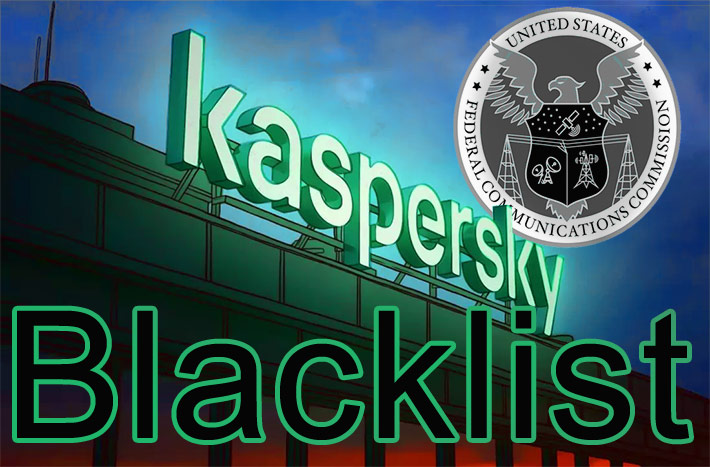
The Federal Communications Commission’s Public Safety and Homeland Security Bureau added equipment and services from three entities – AO Kaspersky Lab, China Telecom (Americas) Corp, and China Mobile International USA Inc. – to its list of communications equipment and services that have been deemed a threat to national security, consistent with requirements in the Secure and Trusted Communications Networks Act of 2019.
In naming Kaspersky, the FCC announcement did not cite Russia’s invasion of Ukraine or recent warnings by President Joe Biden of potential cyberattacks by Russia in response to U.S. sanctions and support of Ukraine.
In 2017, President Trump banned the use of its antivirus products on federal government machines.
FCC Commissioner Brendan Carr said the new designations “will help secure our networks from threats posed by Chinese and Russian state-backed entities seeking to engage in espionage and otherwise harm America’s interests.”
“Last year, for the first time, the FCC published a list of communications equipment and services that pose an unacceptable risk to national security, and we have been working closely with our national security partners to review and update this list,” said FCC Chairwoman Jessica Rosenworcel. “Today’s action is the latest in the FCC’s ongoing efforts, as part of the greater whole-of-government approach, to strengthen America’s communications networks against national security threats, including examining the foreign ownership of telecommunications companies providing service in the United States and revoking the authorization to operate where necessary. Our work in this area continues.”
The Secure and Trusted Communications Networks Act requires the Commission to publish and maintain a list of communications equipment and services that pose an unacceptable risk to national security or the security and safety of U.S. persons. The FCC published the initial list, commonly referred to as the covered list, in March 2021, and will continue to update the list as other communications equipment and services meet the criteria under the law.
If a company is placed on the list, money from the FCC’s $8 billion annual Universal Service Fund cannot be used to purchase or maintain its products.

















